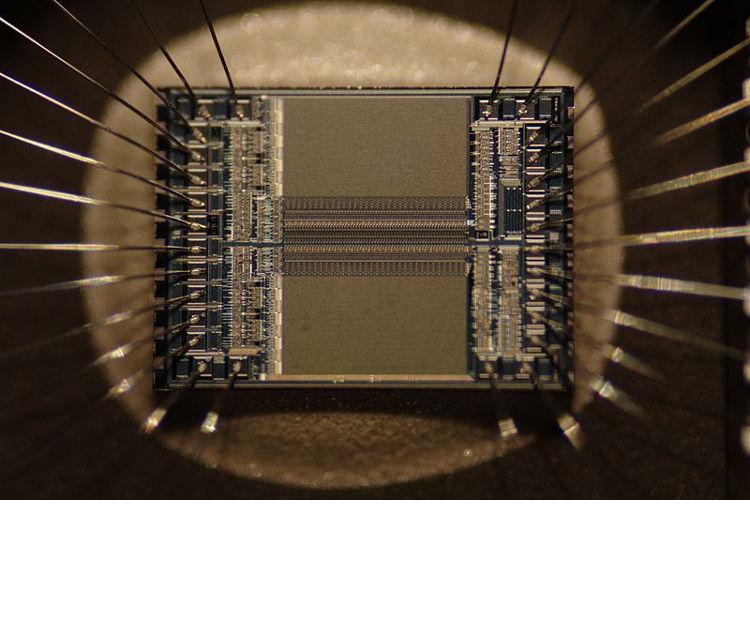
All technology lovers know that fast in computing terms is only temporary. Every few months the industry conjures up a new laptop or mobile that is faster than the last. This rapid development of computing speed is an accepted part of the sector and some of today’s smart phones are more powerful than desk tops from only a few years ago. Now thanks to international researchers at University of Bristol, computing is about to take a giant leap forward. The scientist have created a new Quantum Chip that will make any device using the chip many folds faster than what is even in the development stage today. The details of the new chip will be presented at the British Science Festival in Aberdeen.
The new Quantum Chip will have many benefits to today’s users of mobile devices, laptops and the internet. Cell phones can be made extremely secure, online transactions can also be protected more effectively and the over safety of data can be increased. The long term benefits are not yet clear but the prospects quantum technologies that will be based off the chip are bright.
The new chip was made using silicon and is powered by light. This has made the chip a lot smaller than previous processors made of glass and used electricity to run.
The chips that are in use today use electricity to run and pass signals. The quantum chip will not use electrical currents but will instead control photons, which are light particles, to make calculations. To get a perspective of how much faster these new chips will be imagine 100 photons that can theoretically complete trillions of equations simultaneously.
A major advantage of the silicon base is the ability of manufacturers to easily integrate the quantum chip into already existing microelectronics. Some experts believe that they can be in production with commercial electronics within 3 to 5 years. The production of the chip should not require companies to completely change their factories because it uses similar silicon as regular chips.
Real world applications for the chips are numerous and some examples include the financial sector, testing facilities and chemistry labs.
Source: The Globe and Mail
Photo: Softepedia